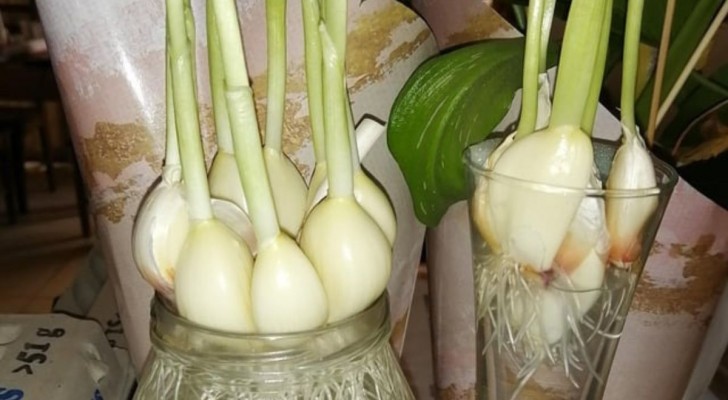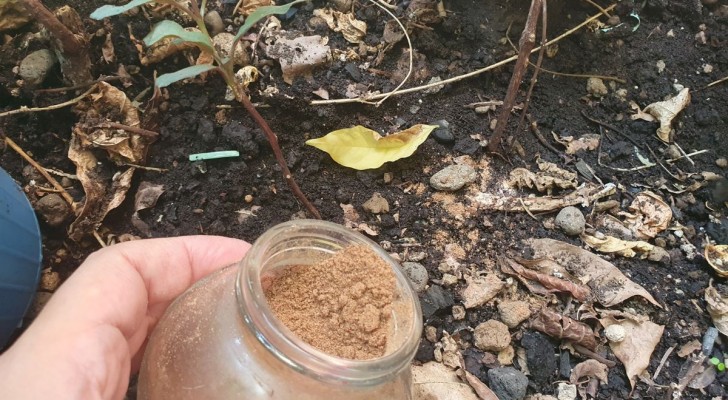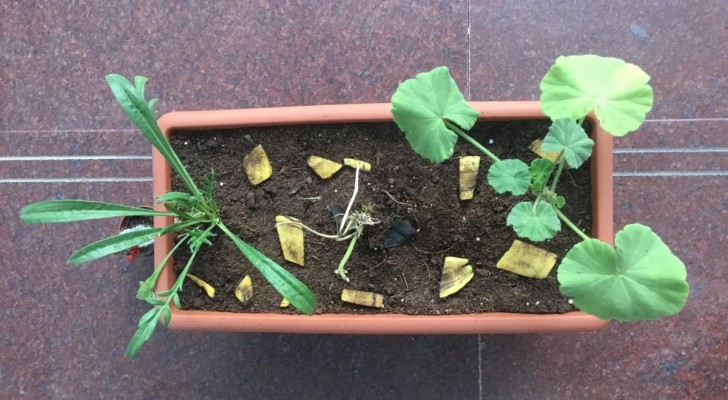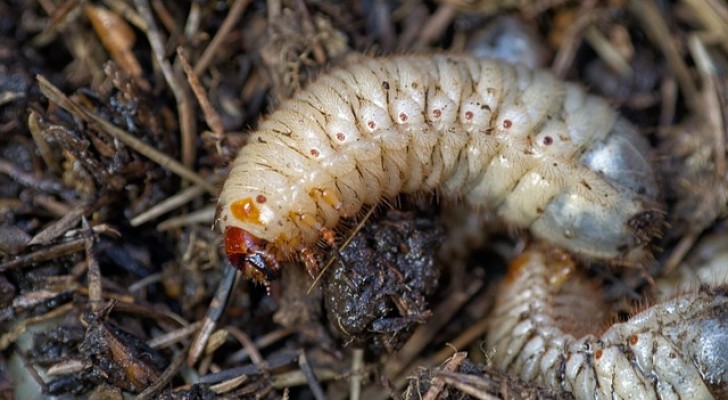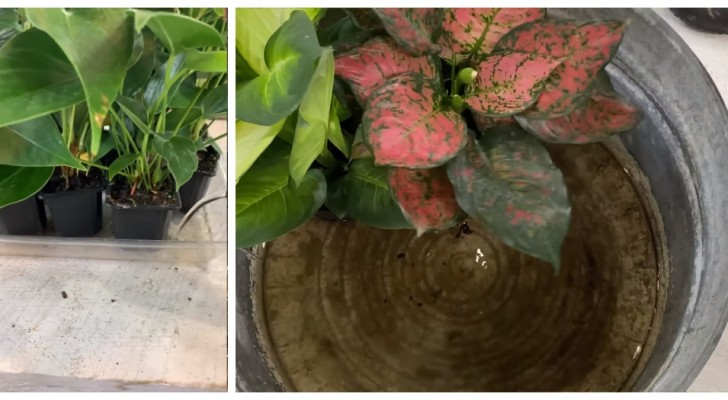Coffee grounds to fertilize tomato plants: do they really work?
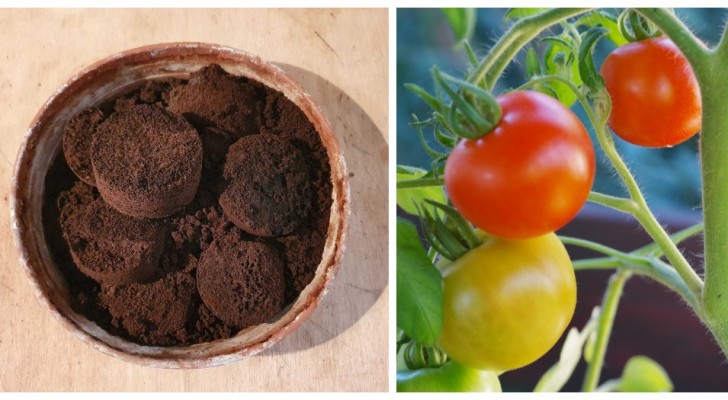
There is a lot of talk about the use of coffee grounds for the health of plants - both ornamental ones (especially acidophilic ones, like hydrangeas or azaleas) and those that are grown normally in the garden. And in the latter category, it is mostly tomatoes that, according to many, benefit from the mixing of coffee grounds into the soil.
It is said, in fact, that coffee grounds can function as a natural, low-cost fertilizer, and makes plants more vigorous, more productive and with more beautiful, tasty fruits. But does this belief correspond to reality? The answer is not one without requiring some qualification. Read on to find out more:
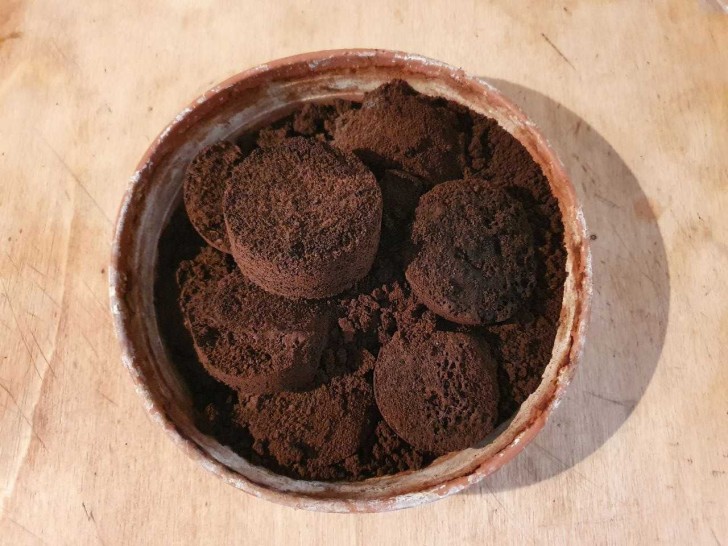
Creativo
The reason coffee grounds are believed to work as a fertilizer for tomato plants is that these plants grow best in slightly acidic soils. So putting coffee grounds into the soil can help one achieve this.
It is true, to some extent, that coffee grounds can naturally acidify the soil, but they do so in very small doses and over a long period of time. In fact, it can also happen that some types of coffee grounds are alkaline or neutral, so they do not make the expected changes to the soil.
Coffee grounds contain around 2% nitrogen, and varying amounts of phosphorus and potassium (the building blocks of plant growth), so mixing the grounds into the soil around tomato plants is a natural way to introduce these important nutrients.
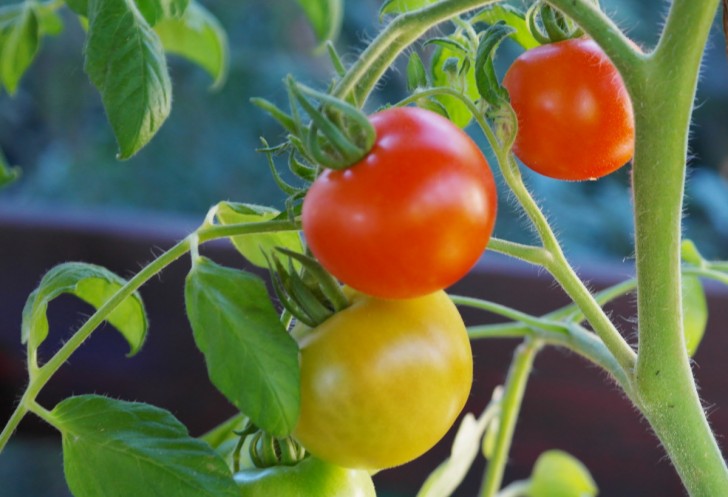
Don't expect lightning-fast results, however - it can take weeks for the coffee grounds to take effect in the soil from which tomato plants will draw their nutrients.
There is nothing wrong with taking dry coffee grounds and scattering them on the ground, then turning over the soil a little to incorporate them thoroughly.
Can normal fertilizers be replaced by coffee grounds?
Slow-release fertilizers are the best way to ensure vigorous and productive plants, and contain the substances that tomatoes need in higher concentrations than the mere 2% nitrogen contained in coffee grounds.
You can therefore easily incorporate grounds if the plant has no special needs, or some obvious deficiency, and maybe you will appreciate the results in the long term. But if you want to act quickly and effectively, it is best to resort to using regular fertilizers.
Coffee grounds, however, remain an excellent "ingredient" to add to the compost pile, and so they will be really useful for the whole vegetable garden and the veggie patch!
